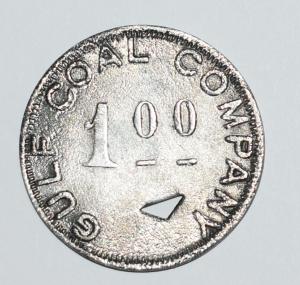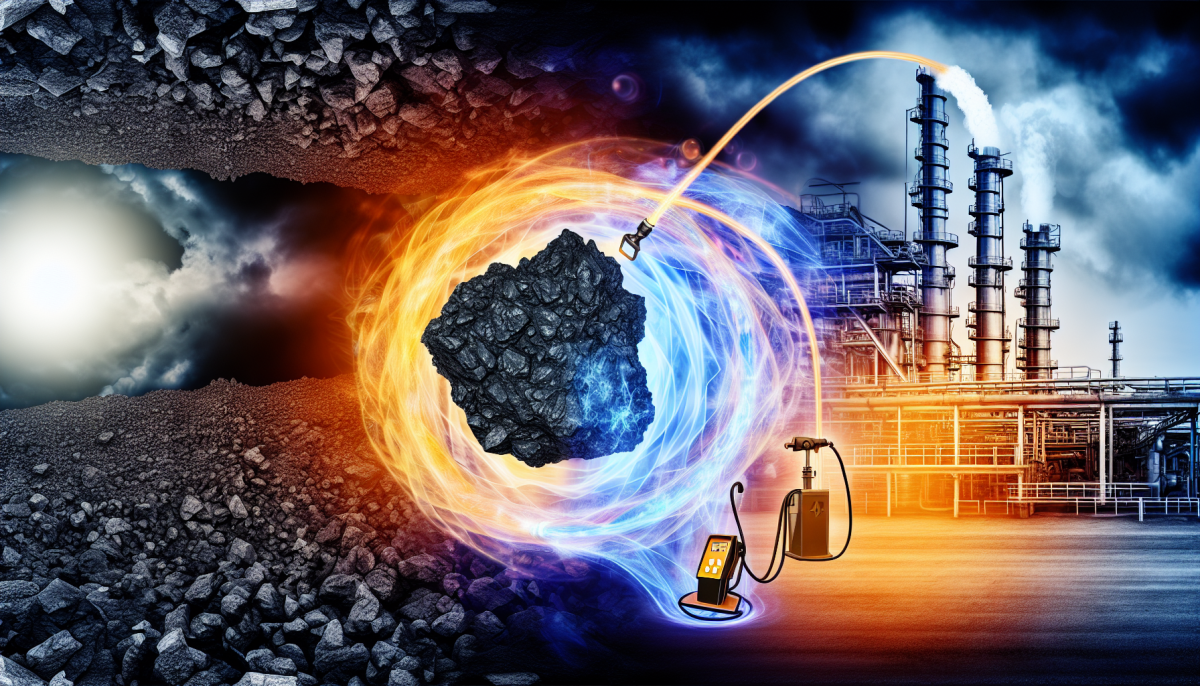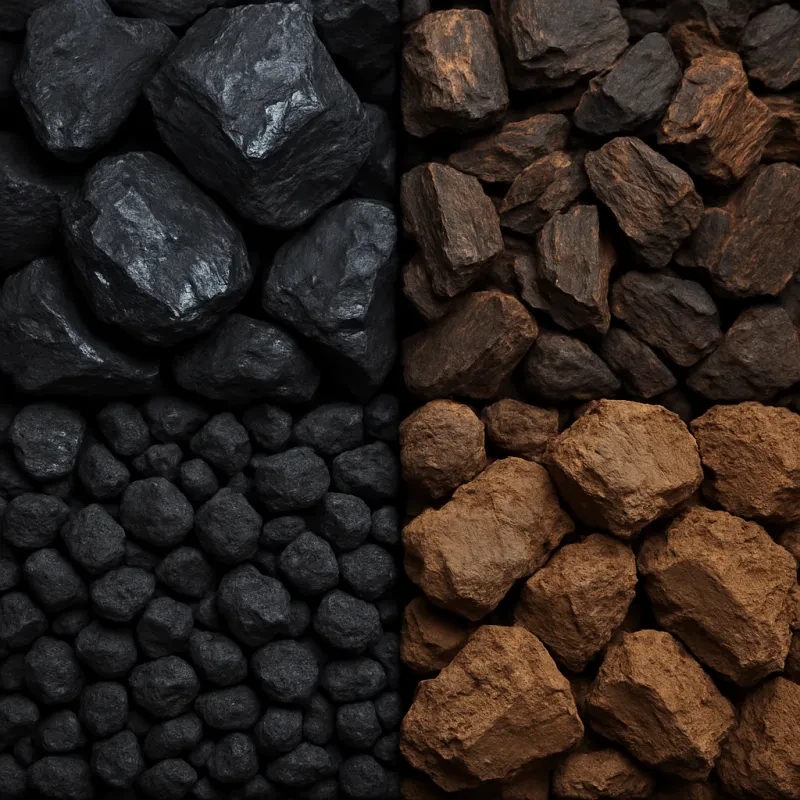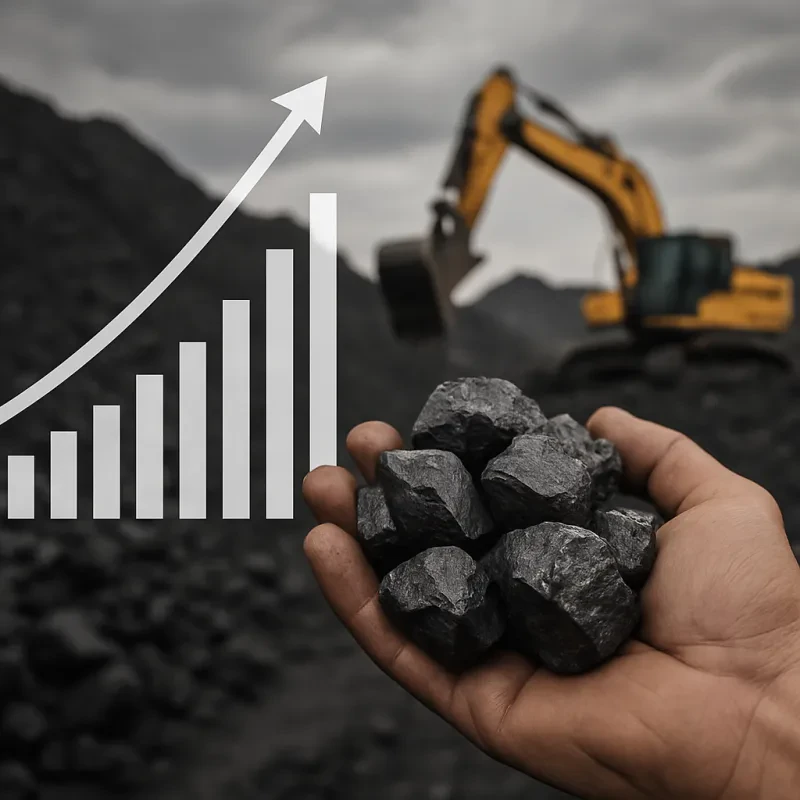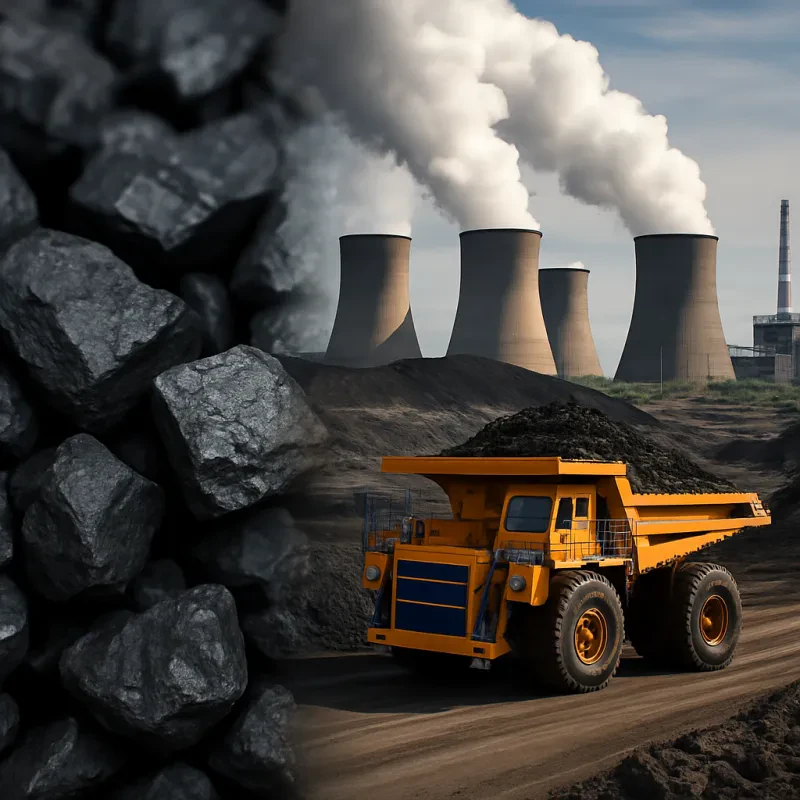When you hear "gasoline from coal," it might sound a bit strange, right? But believe it or not, it’s a real process that's been around for quite some time. The idea is to take coal, a mostly carbon-based fuel, and turn it into something more useful for our vehicles. This process is often referred to as coal liquefaction.
So, how does it work? Basically, coal is heated and treated with hydrogen to break down its molecular structure. This turns the coal into a synthetic oil, which is then refined into gasoline from coal. The technology behind this has been improved over the years and can produce fuel that can be used in standard gasoline engines.
Natural resources are finite, and gasoline from coal can be a way to tap into those abundant coal reserves. Some countries, like South Africa and China, have used this method to produce fuel, especially when oil prices soar or there are disruptions in traditional oil supply. It offers an alternative that could help diversify the energy sources for transportation.
However, there are some concerns. The process of making gasoline from coal can be more carbon-intensive than extracting and refining regular oil. This means it might not be the best option for the environment, especially with the push towards greener energy solutions. It’s essential to weigh the benefits of energy independence against the environmental impact when considering gasoline from coal.
How It’s Produced Simply
So, how is gasoline from coal actually produced? It might sound a bit wild, but it's a real process known as coal liquefaction. Here’s a simple breakdown of how it works.
First off, they start with the coal itself. Coal is ground down into a fine powder. This helps increase the surface area, making it easier to break down during the next steps. Once it’s powdered, it gets mixed with some pretty spicy stuff, like water and a catalyst, which helps speed up the chemical reactions.
Next, the mixture is heated under high pressure. This step essentially transforms the coal into a liquid form. The heat and pressure break apart the coal's complex structures, allowing it to rearrange into simpler hydrocarbon molecules. These molecules are the building blocks of gasoline from coal. It’s kind of like cooking; you’re just changing the form to get a desired result!
After this, the liquid coal goes through a process called distillation. Here, they separate out different components based on their boiling points. This is where they can isolate the gasoline-like compounds from the mix. What’s left after that can be further refined and turned into gasoline that you can actually use in your car.
It’s fascinating to see how a raw material like coal can be transformed into something as useful as gasoline from coal. While it may not be the most common method of gasoline production today, it's certainly an interesting one that shows the versatility of coal as a resource!
Benefits of Coal Gasoline
When diving into the topic of gasoline from coal, it's essential to understand the benefits it can bring to the table. First off, it offers a way to utilize an abundant resource. Coal is one of the most plentiful fossil fuels around, and transforming it into gasoline helps tap into that potential, especially in regions where coal is more accessible.
Another significant advantage is the energy independence it can provide. By converting coal into gasoline, countries can reduce their reliance on imported oil. This can lead to more stable energy prices and lower vulnerability to international market fluctuations. Imagine having a local source of fuel that also contributes to your country’s energy security!
Additionally, gasoline from coal is often produced through advanced technologies that can minimize carbon emissions. Some processes can capture and store carbon dioxide, making this option a bit more environmentally friendly compared to traditional gasoline. So, if you’re looking for a way to support cleaner energy practices, this could be a way to do just that.
Lastly, gasoline from coal can potentially lead to job creation in local economies. From mining to conversion facilities, the process requires a workforce, which means new job opportunities could emerge in communities that engage in this industry. It’s a win-win for both energy supply and economic growth!
Is It Worth It for You?
Are you curious about whether gasoline from coal is a smart choice for you? It’s a great question, especially if you’re interested in alternative fuels and their environmental impact. The first thing to understand is that gasoline from coal can potentially be a feasible energy source, but it’s not as straightforward as traditional gasoline.
If you're considering switching to gasoline from coal, think about your location and availability. Some areas have the infrastructure to support this kind of fuel, while others may not. You’ll want to check if there are local suppliers and whether it’s easy to get your hands on it. Plus, the cost matters too! That’s something to keep in mind when you’re weighing your options.
Another thing to consider is your values regarding the environment. Although gasoline from coal can reduce dependence on oil, coal processing does come with its own set of environmental challenges. If sustainability is important to you, dig deeper into how this type of gasoline is produced and its ecological footprint.
Lastly, think about performance. If you’re looking for something that gives you a reliable energy output, do some research. It’s also wise to read reviews from others who have tried gasoline from coal. Gathering insights from actual users can help you decide if it lives up to your expectations.

